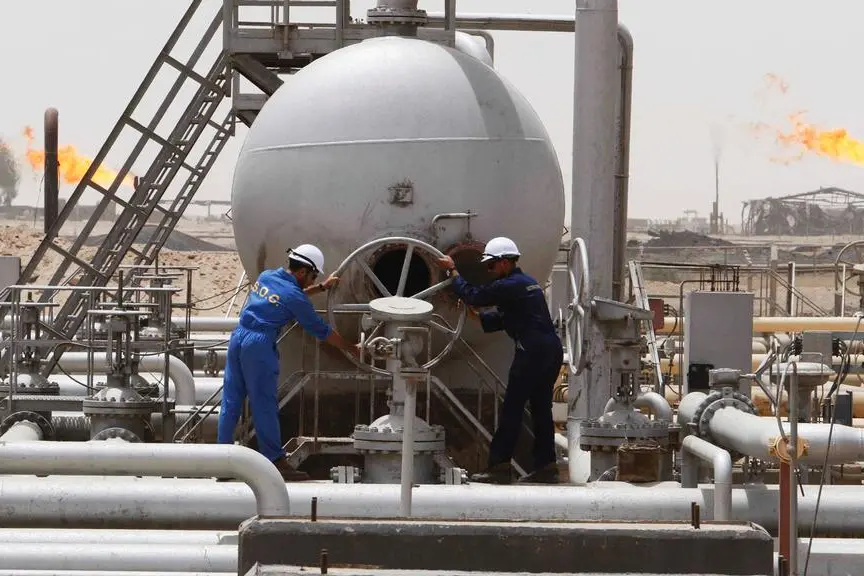PHOTO
Monday, Apr 11, 2016
Dubai: The contribution of oil to the UAE’s GDP (gross domestic product), which has been falling and currently pegged at 30 per cent, will fall to 20 per cent by 2021, and is likely to fall to zero per cent in the next 50 years, the country’s economy minister told delegates at an industry event on Monday.
Countries in the Gulf Cooperation Council (GCC) derives most of the revenues from oil, prices of which have fallen more than 60 per cent, and these countries have been taking steps to spruce up its public finances to maintain its social and infrastructure spending. This was the main one of the topics of discussion at the sixth edition of Annual Investment Meeting, which was inaugurated by His Highness Shaikh Mohammad Bin Rashid Al Maktoum, Vice-President and Prime Minister of the UAE and Ruler of Dubai.
“Our strategy at present is focused on building a knowledge based economy powered by various sectors such as industrial transport, space, renewable energy and information technology,” UAE Economy Minister, Sultan Bin Saeed Al Mansouri, told delegates.
The UAE aims to increase its contribution of foreign direct investment (FDI) to 5 per cent of the country’s GDP over the next five years. The country was the second largest recipient in the West Asia region.
The increased FDI pushed the UAE to number one regionally and 22nd globally.
The country also maintained its dominance in attracting the highest FDI in the GCC region, the minister said.
The economic openness in policies along with the implementation of the right strategic plans by the government towards diversifying the economy contributed to the development of various sectors and fostered the business environment attractiveness to record levels, Al Mansouri said.
The IMF recently praised the fiscal policies adopted by the country; that enhanced its competitiveness and made bank assets, owned by the local banking sectors, the largest of its kind in the region, making the UAE the second largest economy in the region and 17th globally, according to the World Economic Forum (WEF) indicators.
This UAE’s achievement was despite the world economy witnessing modest growth amid falling oil prices and falling demand, and lack of confidence of consumers.
According to the latest estimates of the International Monetary Fund, the world economy is anticipated to grow at 3.4 per cent in 2016 with the pick-up in global activity remaining gradual especially in emerging markets and developing economies.
Meanwhile global FDI flows increased 36 per cent in 2015 to an estimated $1.7 trillion — the highest since 2007 and the growth was largely driven by growth in FDI flows in European Union and the United States, according to United Nations body.
This increase was largely due to cross border mergers and acquisitions with a limited contribution from Greenfield investment projects.
By Siddesh Suresh ?Mayenkar Senior Reporter
Gulf News 2016. All rights reserved.





















